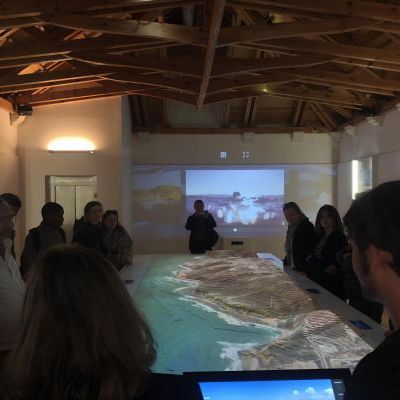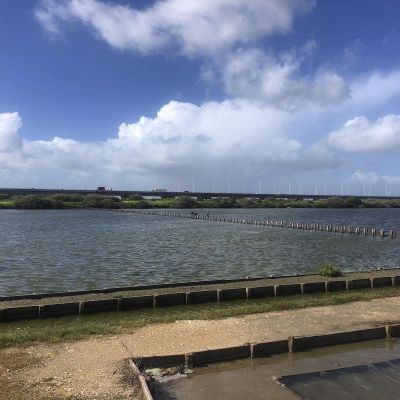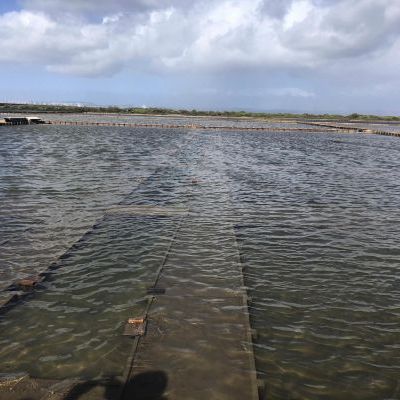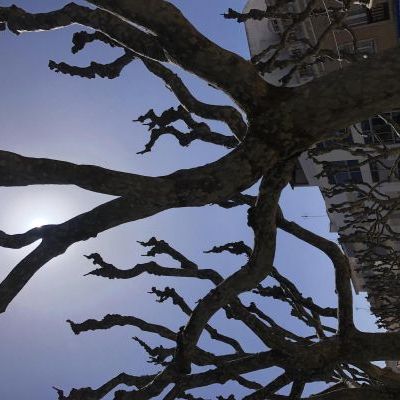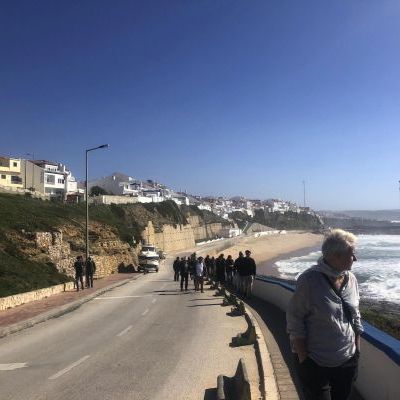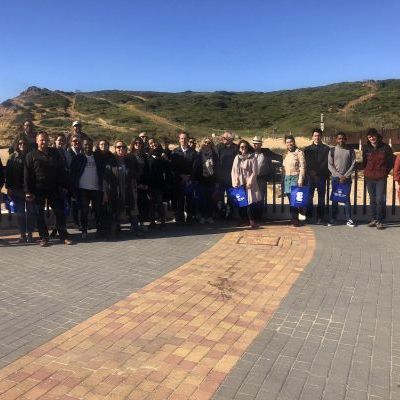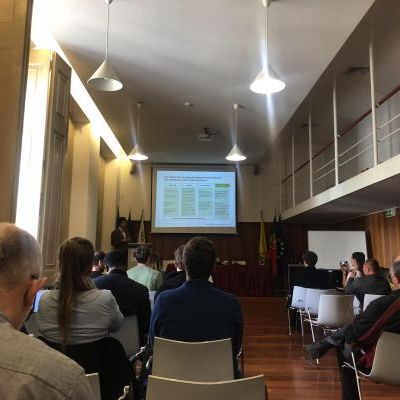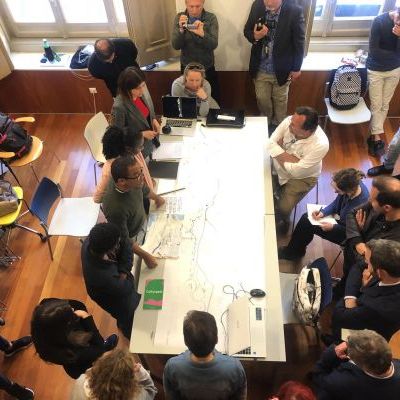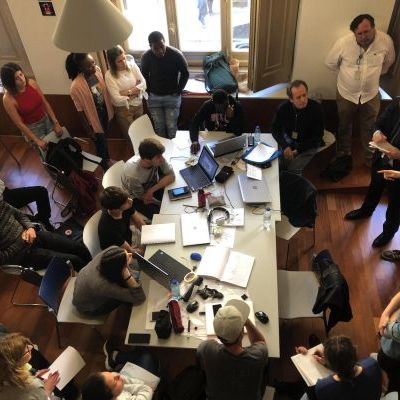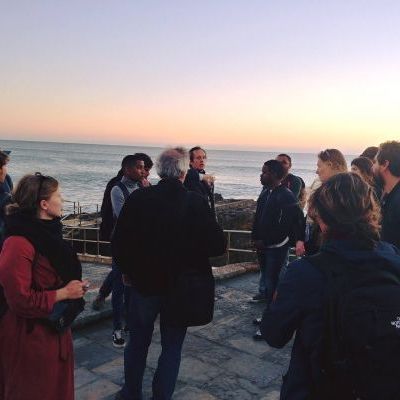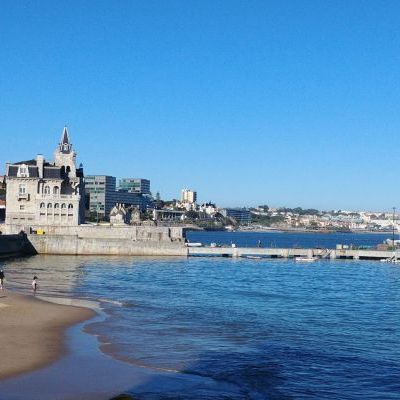Contact:
Pedro Ressano Garcia(Coordinator) ULHT, Lisbon
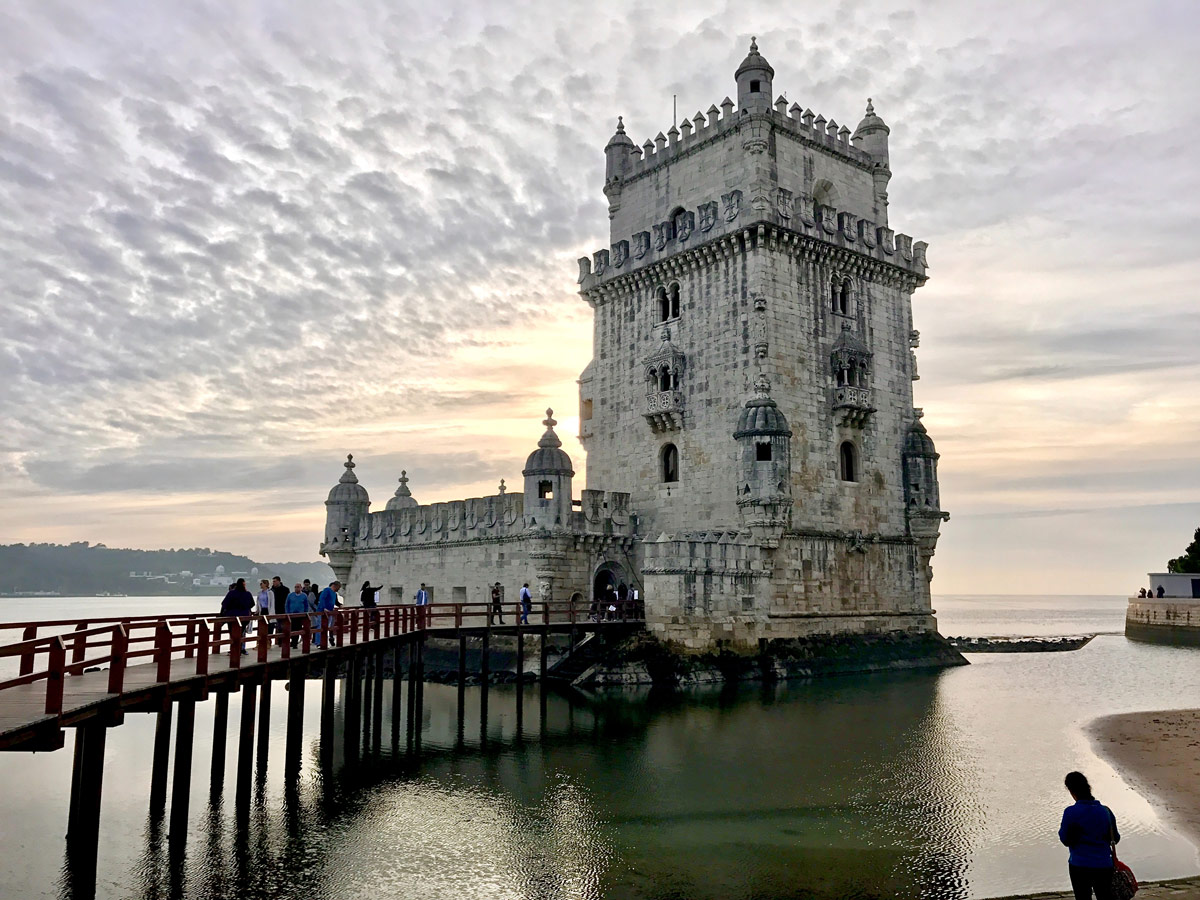
RESEARCH AND INNOVATION STAFF EXCHANGE | 3-31 MARCH 2019
The staff exchange took place in Lisbon at the Lusófona University during the whole month of March with the participation of researchers from all over the world. A Workshop (EWWUD) for students and researchers from many countries lasted 2 weeks (11-22 march).
The aim is to exchange transnational examples of best practices during the Secondments, Workshops and Trainings organized with multinational groups, and benefit from special conditions not available in a single institution. Local experts, municipal representatives, stakeholders and international scholars work together, participants exchange views, gain new perspectives and discuss new approaches.
The dissemination of results through international networks, and regional networks, the project gathers academic + business + political + environment: HEI, stakeholders (selected by the Chamber of Commerce), Regional and Municipal representatives, cultural and environmental institutions working on specific waterfront locations, expanding and raising the level of the discussion, creating a think tank.
Through an interdisciplinary methodology, the S.O.S. Climate Waterfront will fill the gap in the understanding of how the different scales of urban and landscape planning, architectural design and technology are linked in water-related strategies and how they impact each other in the definition of preventive action plans and in the enhancement of more conscious solutions to inform the community, human welfare and socio-economic activities along those vulnerable territorial settings of the waterfront.
European Workshop on Waterfront Urban Design | EWWUD LISBON 2019| 11-22 march
facebook:https://www.facebook.com/EWWUD/
Seashores,riverfronts, ocean coastlines, ports, face the challenges of climate change and its impact in this delicate and complex urban territory.
The aim is todesign new built environments that find solutions for the waterfront and to find strategies for:
- Climate change and the aim for zero carbon emissions
- Economic and cultural impact of tourism
- Heritage and natural environment preservation
- Economic activities and industrial impact
- Riverfront leisure and work spaces
Portugal, as a sea-country, was a good place to inspire the creativity and the talent of architecture students. Winter School at ULHT 2019 has focused on the topic waterfront and climate change and was hosted by Universidade Lusófona de Humanidades e Tecnologias (ULHT), involving graduate students divided into mixed studios. Visiting professors, guest teachers and professionals have given brief lectures in the meeting that started the event and worked with the students in the 10 working days of this workshop. Lecture and projects will be published in the forthcoming book release.
This year the topic of our workshop focus on the impact of climate change affecting the waterfront of the Great Metropolitan Area of Lisbon. The three selected areas cover topics of different nature that are significant to deal with the future challenges:
Alcochete Marshland
Located on the south bank of the Estuary of Lisbon, it occupies an extensive surface surrounded by an unique fragile ecosystem that hosts nearly 280 species of birds. The central government has recently approved the construction of a new Airport for low-cost flights that will refurbish and adapt an ancient military airfield on the Alcochete Peninsula. The environmental impact and the social consequences of the nearness of such intensive air traffic to the wildlife habitats in Alcochete have not been sufficiently studied and discussed. The new infrastructure has an impact of housing development, property values and job opportunities. What are the challenges to be combined? How the negative impact can be mitigated?
Cascais Public Promenade
Along the rocky waterfront, a large public promenade was built for several kms in the early 20th century connecting a sequence several urban beaches and settlements located on the waterfront. This promenade effectively constitutes a popular urban public space, the most popular, with a daily large attendance of people engaged in several leisure activities. Nevertheless, the rise of the sea level directly threatens the promenade, as the beach line recedes and sand vanishes each year with the increase strength of the storms. How the new design of the infrastructure may adapt to the new patterns brought by climate change and enhance the resilience of these public spaces, to prevent further damages?
Ribeira d’Ilhas World Surfing Reserve
Recently classified as the second World Surfing Reserve to be distinguished worldwide, this 4-km long waterfront area introduces a new approach to the territory. The classification of beach waves had a domino effect, introduced a new way of addressing the territory and boosted a prominent culture that attracts national and international attention. The economical development, environmental protection and community engagement has been successful. The growth of environmental protective initiatives have emerged thus enhancing a good balance between conservation and development. Ribeira’s success is based upon the protection of an immaterial event, the wave. To which extend this new approach represents an effective response to the challenges brought by climate change on the waterfront?






